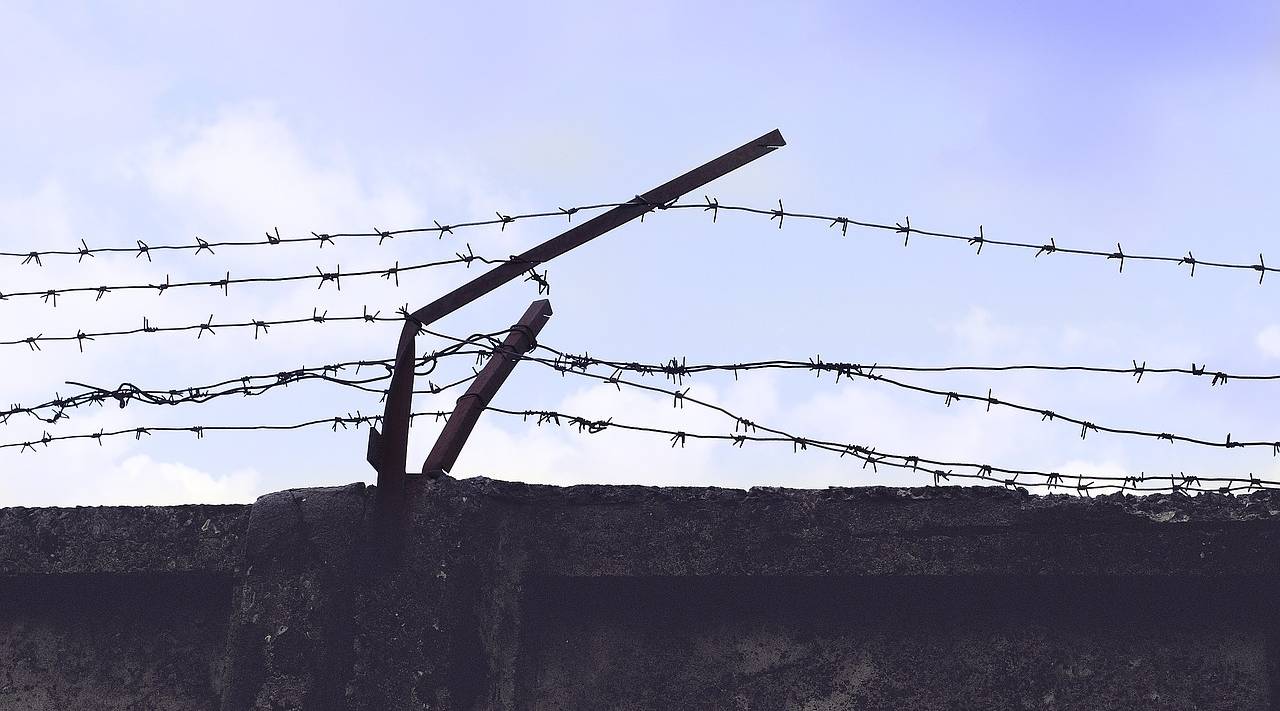
Brazil
Capital city — Brasilia
Country population
i2019Incarceration rate (per 100,000 inhabit…
Type of government
Human Development Index
Name of authority in charge of the pris…
Total number of prisoners
Prison density
Total number of prison facilities
An NPM has been established
YesThe president of…
i06/2019/ OMCTFemale prisoners
Untried prisoners
Death penalty is abolished
in practicein 1979 for ordin…
Right to vote
Overview
Untried prisoners are allowed to vote
Yes
Untried prisoners are still required to vote.
Convicted people are allowed to vote
No
According to Article 15, III, of the Brazil Constitution, a criminal conviction entails the suspension of political rights for the length of the sentence.
When were inmates granted the right to vote in prison?
1824
Untried prisoners have the right to vote since Brazil’s independence. The suspension of political rights only occurs following a conviction – it has worked this way since Brazilian’s first Constitution of 1824.
No official data could be found about the subject, but it appears that the first initiative to grant this right was born in 2002 in the State of Sergipe. Since then, regional electoral courts and state governments have installed voting booths in some prisons. The first national ruling about how untried prisoners would exercise their right to vote is the Resolution 20.219, from 2010, by the Supreme Electoral Court, that serves as a national law.
Prisoners cast their votes
in prison
According to Brazilian laws, voting should be conducted in all facilities housing untried prisoners, as they have the right and duty to vote (voting is mandatory in Brazil). Since 2010, the Supreme Electoral Court has been editing pre-election resolutions to regulate voting in prisons. These resolutions usually require a minimum of twenty eligible voting prisoners for the installation of a polling station in prison.
Voting in prisons also depends on the local authorities and Electoral Justice taking the initiative to grant this right.
Twenty-two of the twenty-seven Regional Electoral Courts (TREs) provided polling stations in prison facilities and hospitalization units. The states of Mato Grosso, Mato Grosso do Sul, Rio de Janeiro, Rio Grande do Norte, and Tocantins do not set up polling stations in prisons.
The last Supreme Electoral Court resolution provides that the “promotion of information campaigns aimed at guiding untried prisoners and interned adolescents in obtaining identification documents, and the option of voting in the polling stations installed in the establishments” are responsibility of local governments, Electoral Justice and other public institutions [^note].
[^note]:(Article 49, II, Res. 23.554/2017, Supreme Electoral Court)
Voter turnout rate
-
According to the Supreme Electoral Court website, in the last general election (2018) 12,346 voters, including official workers for the election and for legal correctional establishments, were able to vote in polling stations installed in prisons and juvenile correctional institutions.
Organising the vote
Inmates are able to vote in privacy
yes
The vote is secret and people vote through a digital system, using electronic ballot boxes in private voting booths.
No incidents were reported.
In the prison. The electronic voting system allows tallying the ballot boxes automatically, at the end of the voting process, where the polling stations are installed. A report is also sent automatically and electronically to the Supreme Electoral Court.
Documents¶
-
Brazilian Electoral Code - Read
-
Resolução nº 23.554/2017 do TSE] - Read
-
Resolução nº 23.219/2010 do TSE] - Read
-
News on the TSE (Tribunal Superior Electoral/Superior Electoral Court) website on untried prisoners voting during 2018’s election - Read
Articles¶
-
Who’s in jail can vote?
Read the brazilian article -
Understand how two untried prisoners work or vote
Read the brazilian article -
“Only 5% of inmates who can vote, go to the polls in 2018.”
Read the brazilian article -
Elections: who are the prisoners who can and cannot vote in Brazil?
Read the brazilian article